The Elusive Granary: Herder, Farmer, and State in Northern Kenya
First published in 1992, this book examines the social and political dimensions of Africa's food and environmental crises. Written by an anthropologist, it focuses on the changes and the problems faced during the last century by one particular ethnic group, the Il Chamus of Kenya and traces the area's transformation from a food-surplus 'granary' to one that is dependent on food imports and aid. By documenting the history, social structure and ecology of the area, Peter Little is able to show that the crisis among the region's herders is rooted in processes that preceded the devastating droughts of the 1980s. Drought is in fact a 'normal' state of affairs in semiarid Kenya, but the processes that have inhibited herders from adequately coping with it are not. The author analyses the relationships between social, political and ecological variables and he treats topics such as land management, food production, marketing, state policy making and labour organisation in an integrated fashion. This is a book that challenges many of the stereotypes about African social life, agriculture and ecology and it will be of interest to anthropologists, academics and practitioners in development studies, historians, ecologists and geographers.
{{comment.content}}
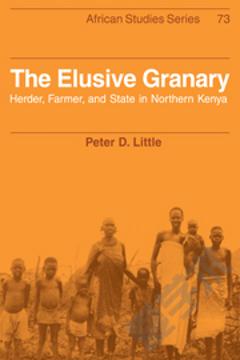
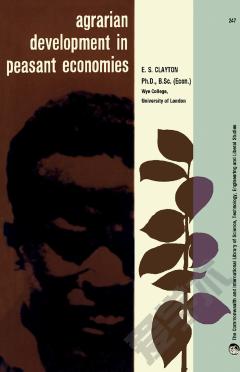
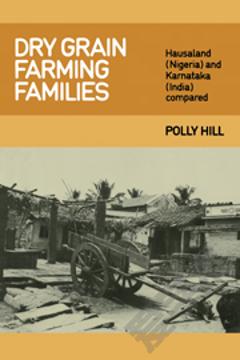
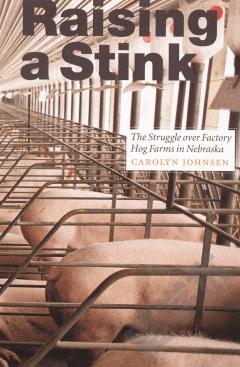
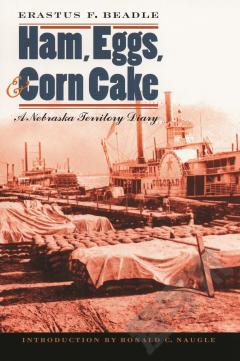
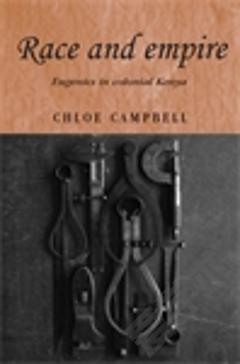


 京公网安备 11010802027623号
京公网安备 11010802027623号